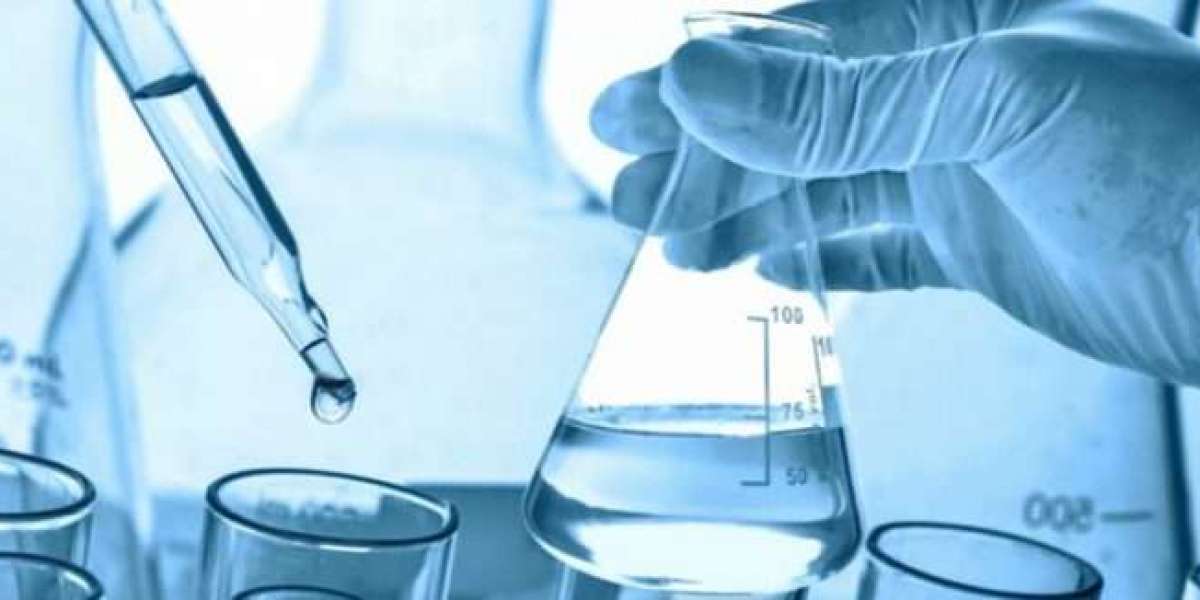Water is essential for life, and ensuring the quality of our drinking water is paramount for maintaining good health and well-being. However, with growing concerns about water pollution and contamination, it's crucial to take proactive steps to test the quality of our drinking water. In this comprehensive guide, we'll explore the importance of water testing and provide practical tips for testing the quality of your drinking water with the expertise of EKO Testing Labs.
Understanding the Importance of Water Testing
Water testing is essential for identifying potential contaminants and pollutants that may be present in drinking water sources. These contaminants can range from bacteria and viruses to heavy metals, pesticides, and industrial chemicals. Exposure to contaminated water can lead to a range of health problems, including gastrointestinal illness, neurological disorders, and even cancer.
By testing the quality of your drinking water, you can ensure that it meets regulatory standards for safety and purity. Regular testing also provides valuable insights into the overall health of your water supply and helps identify any issues or potential risks that need to be addressed.
Types of Water Testing
There are several types of water tests available to assess the quality of your drinking water:
Microbiological Testing: This type of testing checks for the presence of bacteria, viruses, and other microorganisms that may indicate contamination from sewage or other sources.
Chemical Analysis: Chemical testing evaluates the presence of various chemicals and compounds in the water, including heavy metals, pesticides, herbicides, and industrial pollutants.
Physical Testing: Physical tests measure factors such as pH, turbidity (clarity), color, odor, and taste to assess the overall appearance and sensory properties of the water.
Nutrient Testing: Nutrient testing evaluates the levels of nutrients such as nitrogen and phosphorus, which can indicate pollution from agricultural runoff or wastewater discharges.
Testing Your Drinking Water
Now that you understand the importance of water testing, here's a step-by-step guide to testing the quality of your drinking water:
Identify Potential Contaminants: Consider potential sources of contamination in your area, such as industrial facilities, agricultural activities, or aging infrastructure. This will help you determine which types of tests are most relevant for your water supply.
Collect Water Samples: Follow proper sampling procedures to ensure accurate and representative results. Use clean containers provided by EKO Testing Labs and collect samples from different points in your water system, including taps, wells, or distribution points.
Choose the Right Tests: Based on your specific needs and concerns, select the appropriate tests to assess the quality of your drinking water. EKO Testing Labs offers a range of testing services tailored to meet your requirements.
Submit Samples to the Laboratory: Package your water samples according to the instructions provided by EKO Testing Labs and submit them to the laboratory for analysis. Be sure to include relevant information such as sample location, date, and any specific instructions or concerns.
Review Test Results: Once the analysis is complete, review the test results provided by EKO Testing Labs. Pay attention to any contaminants or abnormalities detected in your water supply and consult with experts if further action is needed.
Take Action: Depending on the test results, you may need to take corrective actions to address any issues identified. This could involve installing water treatment systems, implementing pollution prevention measures, or seeking alternative water sources.
Conclusion
Testing the quality of your drinking water is a critical step in ensuring safe and healthy hydration for you and your family. By following this guide and partnering with EKO Testing Labs, you can gain peace of mind knowing that your water supply meets regulatory standards and is free from harmful contaminants. Don't take chances with your health – test your drinking water today and take proactive steps to protect your well-being.









